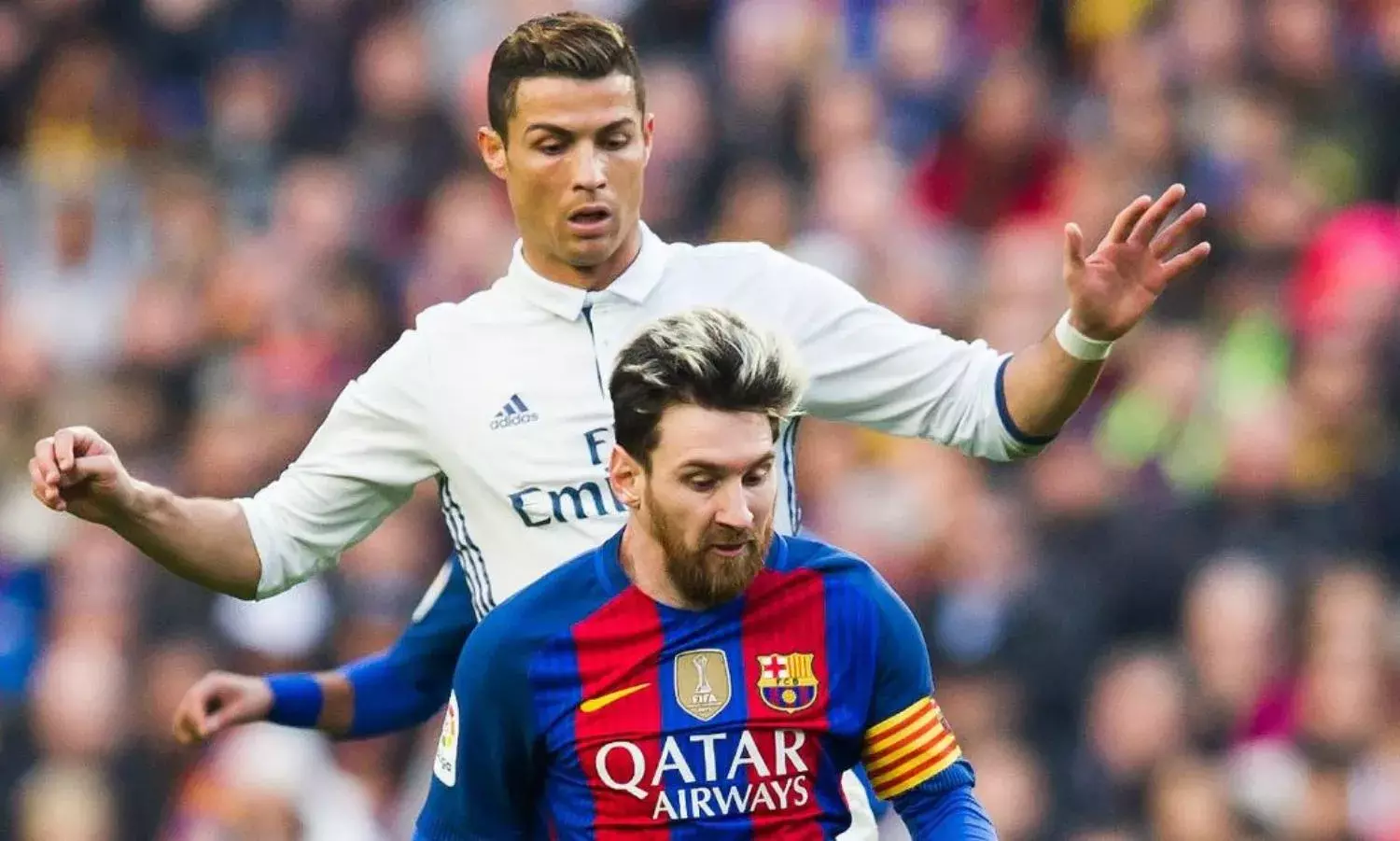South America No Longer the Land of Cheerful Football
South American Football body goes into a huddle

The historical and bitter rivalry between the South American and European style which dominated world football every four years is a struggle more nostalgic than real. That bitter four-year battle between the technical superiority of the other side of the pool and European supremacy from the physical and the tactical, died with the structural disintegration of South American football. Clearly reflected in the four semifinals with which Europe has turned this World Cup into a group of the Euro Cup.
"There are several circumstances that explain this, but for me the first is that we are neglecting one-touch football", reflected former Argentina footballer Jorge Valdano. "We have also gone crazy with the obsession to win and the boys go very young to Europe. If we talk about Argentina, the problem is multi-organic, its violence, disorganization, lack of economic means. Only Uruguay has not been confused. They have not stopped being them. They left, but with pride. I always say that Argentina, the further away from Menotti, the worse will happen. Within the generalities, each selection deserves an individual analysis", Valdano said.
"For me," Tostao, world champion in that wonderful Brazil of 1970 said, "It's not a surprise what is happening. Brazil is no longer the country of cheerful football and samba is over. We have good selections, with some great players like Neymar, but they are no longer clear favorites. With Argentina it is the same. They have no one to accompany Messi. This World Cup was with many players of a medium level. Uruguay competed well, but that team is also a selection of intermediate level ".
"We still have the Messi, the Neymar, but for the first time in a decade, the physical triumphed on the technical and collective to the individual. That explains why the middle classes like Sweden or Russia reached the quarters," Valdano added.
The South American Football Confederation (Conmebol) organized a round table in Moscow to discuss the future and the development of the sport where their teams had ceased to dominate and gave way to an undeniable European supremacy.
The Conmebol, led by Paraguayan Alejandro Dominguez, gave voice to the players and coaches. Mauro Silva, Diego Forlan, Maturana, Reymado Rueda, Lugano, Zanetti and Sorin, were among others.
"We have to light a path to feel how our ancestors felt, to know where we came from and how to travel through that path. We cannot ignore that this is a scenario where sometimes everything is worth it. Corruption and non-investment in training are there. There is a tremendous dropout rate. The boys with 12 or 13 years old tell their parents that they are going to look for their dream and leave everything behind. So, the important one is not the coach, but the businessman who tells him that he is going to take him to Europe", concluded Pacho Maturana.
Mauro Silva also pointed in that direction, "In Brazil, the most important thing was that our process was natural, we played in the street, but we lost the street because of the violence. Soccer went to schools, but if the trainers are not good or if they are not paid well, everything is futile. We have to copy what Europeans have in them. Their organization, administration and maintain our essence. The one against one, the goal, we have it. There are Messi, Neymar, Suarez, but you have to develop the human being. A better-trained footballer will also be smarter and better at making decisions in the field."
Juan Pablo Sorin was reluctant to accept the invitation for the discussion. "I felt proud of being a soccer player, but not of the institutions," he admitted. "This is an opportunity to change football within us, the players, the technicians and the people who love football. But we have to be very careful so that none of the leaders are wrong again. "



